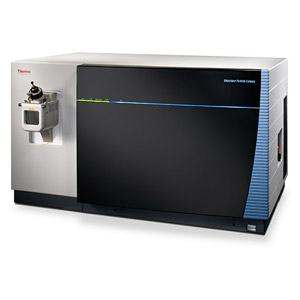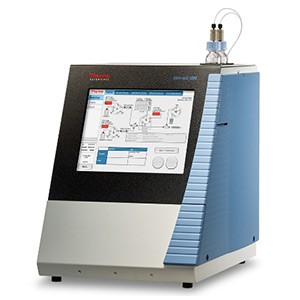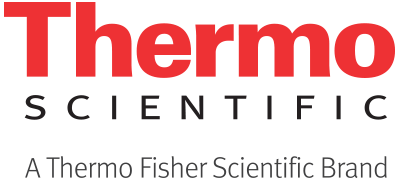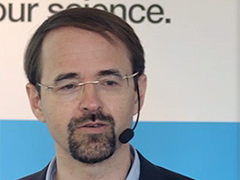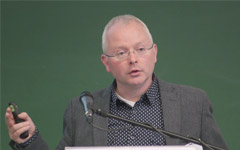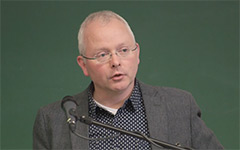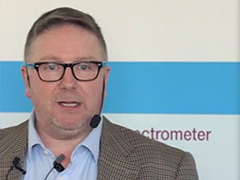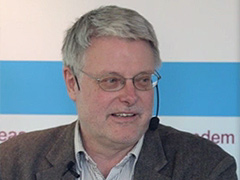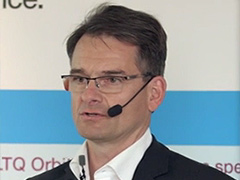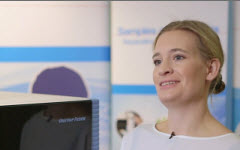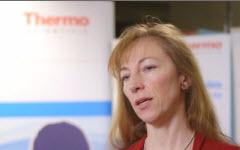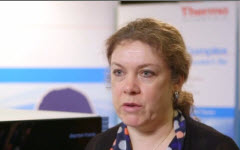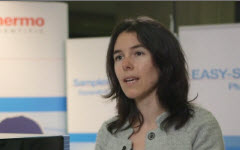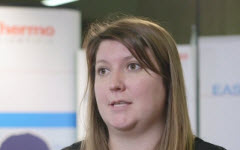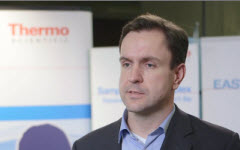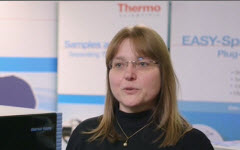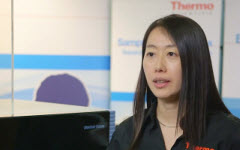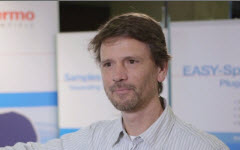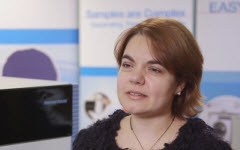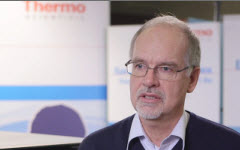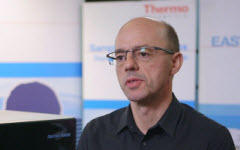Cutting Edge Proteomics Lectures and Interviews from the Best
Proteomics Leadership
Get Expert Advice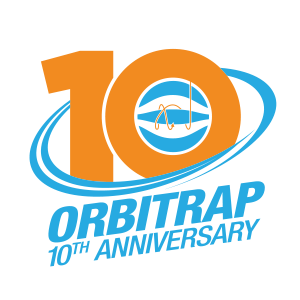
In 2005, Thermo Fisher Scientific launched the first Thermo Scientific™ Orbitrap™ based mass spectrometer, the Thermo Scientific™ LTQ Orbitrap™. The Orbitrap mass analyser has matured significantly since then. In 2015, we celebrated both the technological developments of ten years of Orbitrap-based MS technology, as well as the science and discovery that had been enabled by Orbitrap MS.
In 2014, more than 200 peer reviewed articles were published in the Science and Nature group of publications that involved an Orbitrap-based mass spectrometer. The impact on the life sciences in particular has been enormous. We would like to bring some of the most recent science to you. At 2015 events in Berlin and Stockholm, we recorded a number of lectures with leading scientists using Orbitrap-based mass spectrometers. In addition, we recorded a number of short interviews of academic scientists and Thermo Fisher Scientific employees that you might also find interesting.
Talk with an expert today to get the latest on mass spectrometry advances in Life Science research as well as updated offers on our MS products.
Talk with an Expert TodayScientific Talks
Orbitrap Instrumentation: The First Decade and Beyond
Dr. Alexander Makarov
Director Global Research, Life Sciences Mass Spectrometry
Thermo Fisher Scientific
Technology Development Towards High-Throughput Proteomics
Prof. Matthias Mann
Director
Max Planck Institute of Biochemistry
Dissecting Cellular Reprogramming by Mass Spectrometry based Proteomics - Part 1
Albert Heck, PhD
Professor of Biomolecular Mass Spectrometry and Proteomics
Utrecht University
Exploring an Orbitrap Mass Spectrometer for Native Mass Spectrometry - Part 2
Albert Heck, PhD
Professor of Biomolecular Mass Spectrometry and Proteomics
Utrecht University
High Performance Mass Spectrometry and Informatics for Chemical and Biological Exploration of the Proteome
Prof. Bernhard Küster
Head of the Department of Life Sciences
Technical University of Munich
Isobaric Tandem Mass Tags Bring Protein Mass Spectrometry Closer to the Clinic: Case Studies in Pancreatic Cancer and Alzheimer's Disease
Dr. Ian Pike
Chief Operating Officer
Proteome Sciences
Orbitrap: 10 Years of Amazing Science
Ken Miller
Vice President Marketing, Life Science Mass Spectrometry
Thermo Fisher Scientific
Integrating OMICs to Study the Human Proteome
Prof. Mathias Uhlén
Director
Science for Life Laboratory
Biomarkers: from Innovation to Implementation EIT Health Consortium – an opportunity for collaboration
Dr. Per Matson
Chief Technology Officer
IDD, Thermo Fisher Scientific
The State of the Human Proteome Analysis: A Perspective from a Technology Provider
Dr. Andreas Huhmer
Director, Marketing
Thermo Fisher Scientific
The Universal Method on the Orbitrap Fusion for Optimized Proteomics without Optimization
Myriam Demant
Product Specialist Orbitrap Fusion
Thermo Fisher Scientific
The Amazing Orbitrap from 2005 to 2015: 10 Years of Advances
Ken Miller
Vice President Marketing, Life Science Mass Spectrometry
Thermo Fisher Scientific
Proteome Discoverer 2.0: Performance Enhancements
Michaela Scigelova
Product Support Specialist, Proteome Discoverer
Thermo Fisher Scientific
Easy method for sub-cellular proteomics
Kathryn Lilley, PhD
Director
The Cambridge Centre for Proteomcis
Top Down Proteomics Workflows with Orbitrap Mass Spectrometers
Neil Kelleher, PhD
Professor
Northwestern University
Glycoproteomic and Glycomic analysis by LCMS with optimized chromatography and mass spectrometry
Claire Dauly
Sales Support Manager OMICs
Thermo Fisher Scientific
Exposing more of the proteome
Albert Heck, PhD
Professor of Biomolecular Mass Spectrometry and Proteomics
Utrecht University
The Universal Method for Optimized Data Acquisition on the Orbitrap Fusion
Shannon Eliuk, PhD
Orbitrap MS Program Manager
Thermo Fisher Scientific
Managing a Mass Spec Core Facility and the Q Exactive
Christof Lenz, PhD
Core facility manager
University Medical Centre, Goettingen University
Chemical Cross-Linking Mass Spectrometry
Andrea Sinz, PhD
Professor of Pharmaceutical Chemistry and Bioanalytics
Martin Luther University in Halle-Wittenberg
Overview of Research Applications using Orbitrap Mass Spectrometry
Henning Urlaub, PhD
Group Leader and Professor
Max Planck Institute for Biophysical Chemistry and Goettingen University
Data Independent Acquisition on Orbitrap Mass Spectrometers
Yue Xuan, PhD
Product Specialist for Orbitrap Mass Spectrometry
Thermo Fisher Scientific
Optimized Proteomic Workflows for Transcriptional Regulation
Jeroen Krijgsveld, PhD
Team Leader
European Molecular Biology Laboratory, Heidelburg
High Performance Shotgun Proteomics: Standardization
Madalina Oppermann
Senior Manager, Sales Support for LSMS
Thermo Fisher Scientific
Parallel Reaction Monitoring in Proteomics
Bruno Domon, PhD
Head of the Clinical Proteomics Centre in Luxembourg
Proteome Discoverer 2.0: Improved Proteomics
Bernard Delanghe
Product Marketing Manager for OMICs software
Thermo Fisher Scientific

Visit Planet Orbitrap for more information on the technology, applications, and the latest in mass spectrometry solutions.
Visit Planet Orbitrap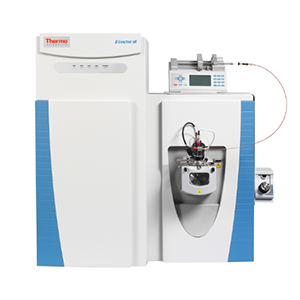
Thermo Scientific™
Q Exactive™ HF Hybrid Quadrupole-Orbitrap Mass Spectrometer
Learn More
Request Quote
